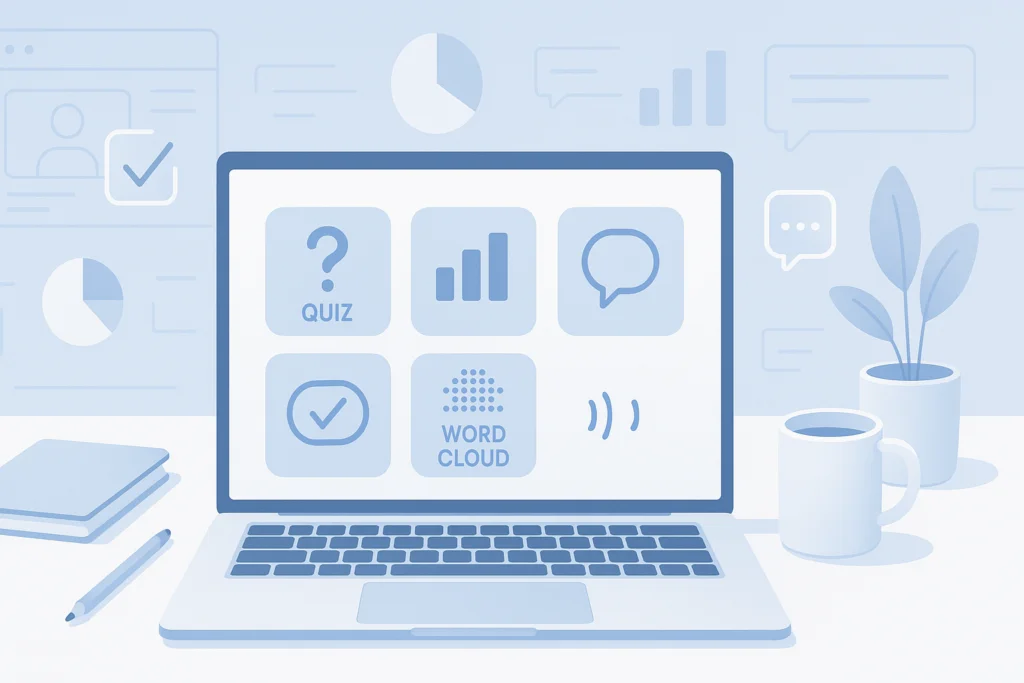In an emergency, knowing what to do fast can save a life. A Basic Life Support (BLS) course teaches you important skills to help in serious situations like a heart attack, choking, or stroke.
Whether you're a nurse, a caregiver, or just want to learn more, taking a BLS course can help you be ready to save lives. So, now let's explore to know more.
A BLS course teaches basic skills to help in emergencies. In a few hours or over a couple of days, you will learn how to do CPR, use an AED (a device that helps restart the heart), and help someone who is choking.
You'll practice these skills on adults, children, and babies. The course includes hands-on training so you can feel ready and confident to help.
Many people take a BLS course because their job requires it, like in healthcare or teaching. But it's also helpful for others. People who take care of kids or older adults, coaches, teachers, and volunteers can all benefit from this training.
These skills can be used in many places and may help you become a key person in an emergency.
BLS courses are typically offered in two primary formats: in-person and online. Each method has unique benefits and considerations.
In-person classes allow for immediate feedback from instructors and practical, hands-on training.
Online courses provide flexibility, allowing learners to study at their own pace.
Participating in an in-person BLS course often involves a series of classroom lectures combined with practical testing. This hands-on approach is invaluable, as instructors can observe your techniques and provide instant feedback.
Additionally, practicing on manikins allows for a more immersive learning experience.
Online BLS courses typically consist of video lectures and interactive modules that you can complete on your own schedule.
While they provide useful theoretical knowledge, it's essential to find a course that offers options to practice your skills hands-on, either at home or during a follow-up session.
Most BLS courses conclude with a certification exam that tests your understanding of the material. Upon passing, you usually receive a certification valid for two years, after which renewal is required.
Many healthcare employers require their staff to maintain current BLS certification, encouraging them to stay updated on the latest practices and protocols.
Medical guidelines and best practices evolve over time. Thus, it's crucial to renew your BLS certification regularly.
Doing so not only reinforces your knowledge but also keeps you informed about new techniques and procedures. As you learn more about critical care, your reactions and interventions will become increasingly effective in real-life situations.
If you're interested in taking a BLS course, prepare yourself by reviewing basic anatomy and emergency response principles. Familiarizing yourself with CPR techniques beforehand can enhance your learning experience.
If you're unsure about where to start, more info can be found through reputable organizations for your certification or look for your local healthcare provider.
Undertaking a BLS course equips you with pivotal skills that can make a difference in critical moments. Whether you aim to support your career or enhance your personal readiness for emergencies, completing this training will provide you with confidence and the knowledge needed to respond effectively.
Don't underestimate the power of being prepared; enroll in a BLS course today.
Like this article? Read more about these topics on our blog.




Want to add a comment?